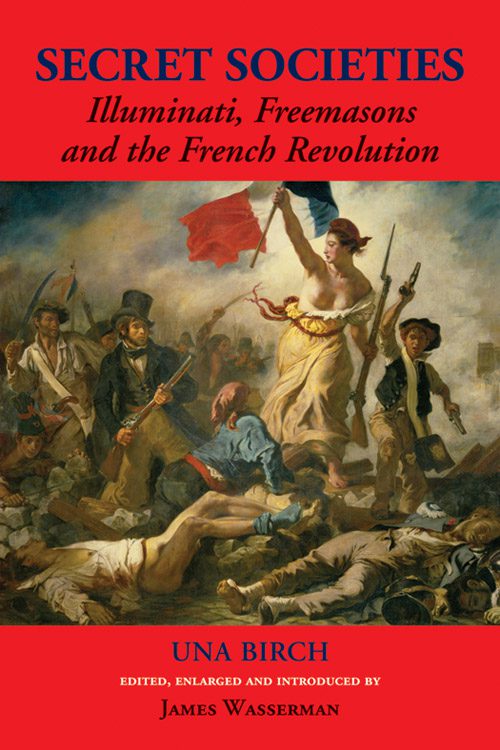The greatest success of the Bavarian Illuminati conspiracy was the French Revolution of 1789. The profound impact of that Revolution is felt to this day in the political destinies of billions of people worldwide. The Illuminati had declared war against Church and State a decade earlier and worked feverishly to spread their new gospel of Liberty and Reason. Although the Order was officially suppressed on the eve of the Revolution, its efforts do not appear to have been in vain. The recruiting program of Illuminati founder Adam Weishaupt was focused on attracting the powerful and influential government ministers, educators, the press, authors and philosophers, booksellers and publishers, even religious leaders open to agnostic or atheist views. Many such men belonged to the masonic lodges of Germany, Austria, and France. The wider masonic network offered Weishaupt a respectable vehicle by which he was able to propagate his clandestine doctrines. What message does the triumph of these secret societies carry for the modern world?
English historian Una Birch attempts to answer this question from the point of view of the early twentieth century. Writing just a hundred years after the event, her closeness in time, and sympathy for the Revolution, offer a unique perspective to the modern reader. Editor James Wasserman adds a contemporary perspective that takes into account the events of the twentieth century that occurred after Ms. Birch wrote. He has also added a guide to the history and personalities of the French Revolution to help clarify the text.
- Reveals the secret activities of the Bavarian Illuminati and the Freemasons in organizing the French Revolution.
- Traces the influence of the mysterious Illuminati agent, the Comte de Saint Germain, as he traveled through the courts and cities of Europe.
- Offers a unique perspective on the Revolution by an author who supported the Illuminati war against tyranny and superstition, yet does not shrink from examining the darker side of that event.


